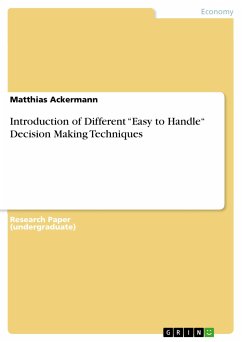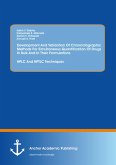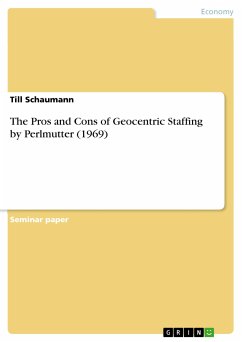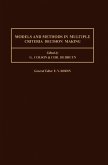Research Paper (undergraduate) from the year 2015 in the subject Business economics - Miscellaneous, FOM Hochschule für Oekonomie und Management gemeinnützige GmbH, Hochschulstudienzentrum Freiburg, course: Management Decision Making, language: English, abstract: The most important job of any executive is making decisions. It is also the toughest and riskiest job, because bad decisions can damage a business and a career, in some situations irreparably. In many cases these bad decisions occur when alternatives were not clearly defined, the right information was not collected, the costs and benefits were not accurately weighed, or the decision maker himself was sabotaged by the human brain. In the present complex environment, the executives call for a way to cope with the myriad factors that affect the achievement of goals and the consistency of the judgement the decision makers use to draw valid conclusions. (Harvard Business Review 2011, p. 1, Saaty 2013, p. 6) Many difficulties like uncertainty about the future, variation of consequences of different actions, difficulties because of too few or too many available alternatives, and complexity of a decision situation, if more factors have to be taken into account, make it more important to support the decision makers with procedures and tools that have been developed for a systematic selection of requirements and processing of relevant information. The general approach of decision making ranges from the highly complex problems to the relatively simple choices but ensures its applicability and can be helpful in various decisions. So it is not only relevant to executives and managers but also to physicians, politicians, judges, and engineers to structure analytical thinking which supports decision making perceived as rational and well-founded. (Eisenfuhr et al. 2010, p. 3) This assignment introduces different “easy to handle” decision making techniques that help to decide rather on intuition than on structured analysis and methodical dissection.
Bitte wählen Sie Ihr Anliegen aus.
Rechnungen
Retourenschein anfordern
Bestellstatus
Storno









